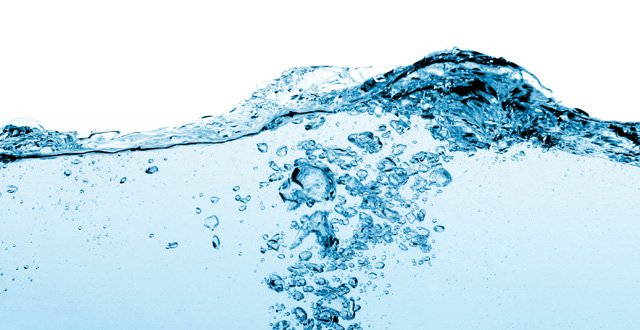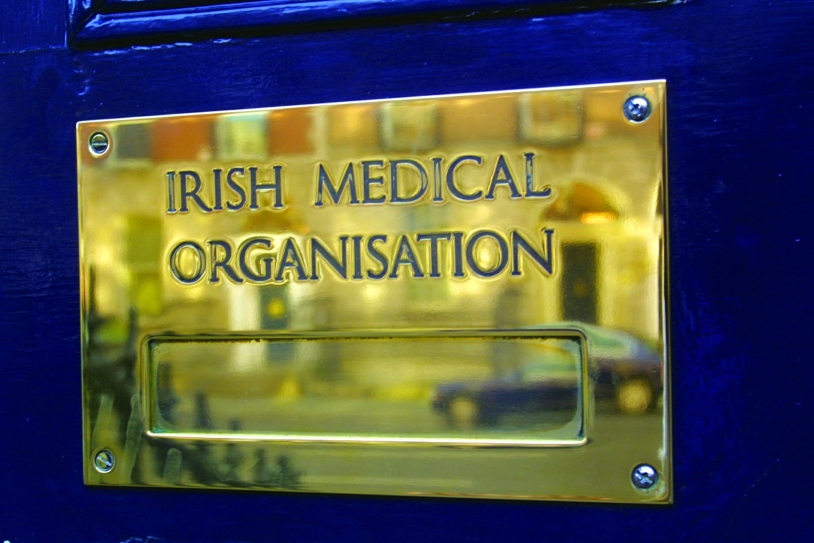A National SARS-CoV-2 (Covid-19) Wastewater Surveillance Programme will begin in early May.
The programme has been developed by a specialist team with input from the Health Protection Surveillance Centre (HPSC), HSE, HIU, the National Virus Reference Laboratory (NVRL), University College Dublin (UCD) School of Biomolecular and Biomedical Science, and Irish Water,
This wastewater surveillance programme will be an important part of the work being undertaken to monitor the prevalence of Covid-19 in communities across Ireland. The programme will measure the level of SARS-CoV-2 in wastewater within 68 wastewater catchment areas across the country and will effectively operate as an early warning system for future possible waves of Covid-19 infection.
Prof Wim Meijer, UCD School of Biomolecular and Biomedical Science, Lead Investigator, said: “The pilot study, funded by SFI and the Ireland Wales Programme 2014–2020 through the European Regional Development Fund, involving three wastewater treatment plants, showed a very close correlation between the presence of the SARS-CoV-2 genetic material and the daily number of new Covid-19 cases. This demonstrates the usefulness of wastewater surveillance as a SARS-CoV-2 early warning system.”
Dr John Cuddihy, Director of the HPSC, said: “Monitoring wastewater for evidence of SARS-CoV-2 is an internationally recognised tool in many governments’ efforts to assess the rate of infection across the population, both as a whole and within individual communities. Analysis of SARS-CoV-2 genetic material in wastewater captures both symptomatic and asymptomatic people. As such, it helps evaluate how effective specific public health measures are, and can be an important early warning sign of increasing SARS-CoV-2 activity in the community. It can also help inform those locations in which increased and enhanced SARS-CoV-2 testing and preventative measures might be of benefit.”
Ireland has over 1,100 public wastewater catchment areas where wastewater is collected and conveyed for treatment, so it would not be practical nor feasible to undertake surveillance in each of these.
Consequently, to address this issue and to ensure the programme captures as broadly as possible the position across the country, 68 wastewater catchment areas covering each county in Ireland were identified and selected. This will ensure the largest population centres are captured and a comprehensive national environmental early warning surveillance system will be established.
The 68 wastewater catchment areas were jointly determined by the HSE, Irish Water, and UCD, following analysis which took area coverage and population density into account. At least two catchment areas per county are included, covering 84 per cent of the population connected to a public wastewater treatment plant.
Results of this important programme will be reported by the project team and communicated by the HPSC to key organisations including HSE Public Health Departments, the Irish epidemiological modelling advisory group (IEMAG), and the national public health emergency team (NPHET). The findings will inform testing strategy and the initiation of preventive public health measures. When results are available, they will also be posted on the HPSC’s website at regular intervals.













Leave a Reply
You must be logged in to post a comment.